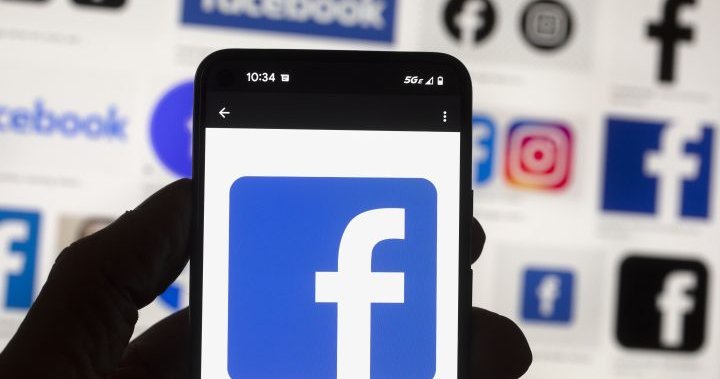Google, Facebook, TikTok, and other major tech companies operating in Europe are facing an extensive initiative to clean up online content. The Digital Services Act (DSA), which goes into effect this week, is the first phase of the European Union’s groundbreaking new digital rules. Crafted by the 27-nation bloc, known for cracking down on tech giants, the DSA aims to ensure user safety online and prevent the spread of illegal or harmful content. It also prioritizes the protection of Europeans’ fundamental rights, including privacy and free speech.
Nineteen platforms, including Facebook, TikTok, Twitter, YouTube, Amazon, and Google’s platforms, are among the first to be affected by the DSA. However, notable omissions from the EU’s list include eBay, Airbnb, Netflix, and PornHub, among others. While the list is not definitive, any business providing digital services to Europeans will eventually have to comply with the DSA, albeit with fewer obligations than the major platforms.
Tech companies are already making changes to comply with the new rules. They are implementing ways for users to report illegal content and products, which must be taken down quickly and objectively. Amazon, for example, has established a channel for reporting suspected illegal products and is providing more information about third-party sellers. TikTok has introduced an “additional reporting option” for users to flag illegal content and is establishing a dedicated team to review and remove flagged content.
To comply with the DSA, platforms such as TikTok and Snapchat have made changes to their advertising practices. Personalized ads targeting vulnerable categories of people, including children, are prohibited. Users are also given more control over the ads they see, with transparency regarding the reasons behind specific ads.
Although some platforms, like Zalando, argue that they should not be subject to the DSA due to their low risk of illegal content, most tech companies will have to follow the new regulations or face fines of up to 6% of their global revenue. The European Commission will audit the platforms to ensure compliance, particularly focusing on their algorithms and advertising systems.
These changes in Europe’s regulations could have a global impact. Wikimedia Foundation, the nonprofit organization behind Wikipedia, is making alterations to its policies and terms of service that will be implemented worldwide. Tech companies find it challenging to limit DSA-related changes due to the interconnected nature of digital networks and influencers with a global reach.
In conclusion, the DSA represents a significant effort by the European Union to regulate the online activities of major tech companies and protect users. Compliance with the new rules, including content moderation, advertising practices, and risk assessment, will be essential to avoid substantial fines and potential bans. These regulations could also drive global changes in online platforms and services.
Denial of responsibility! VigourTimes is an automatic aggregator of Global media. In each content, the hyperlink to the primary source is specified. All trademarks belong to their rightful owners, and all materials to their authors. For any complaint, please reach us at – [email protected]. We will take necessary action within 24 hours.


